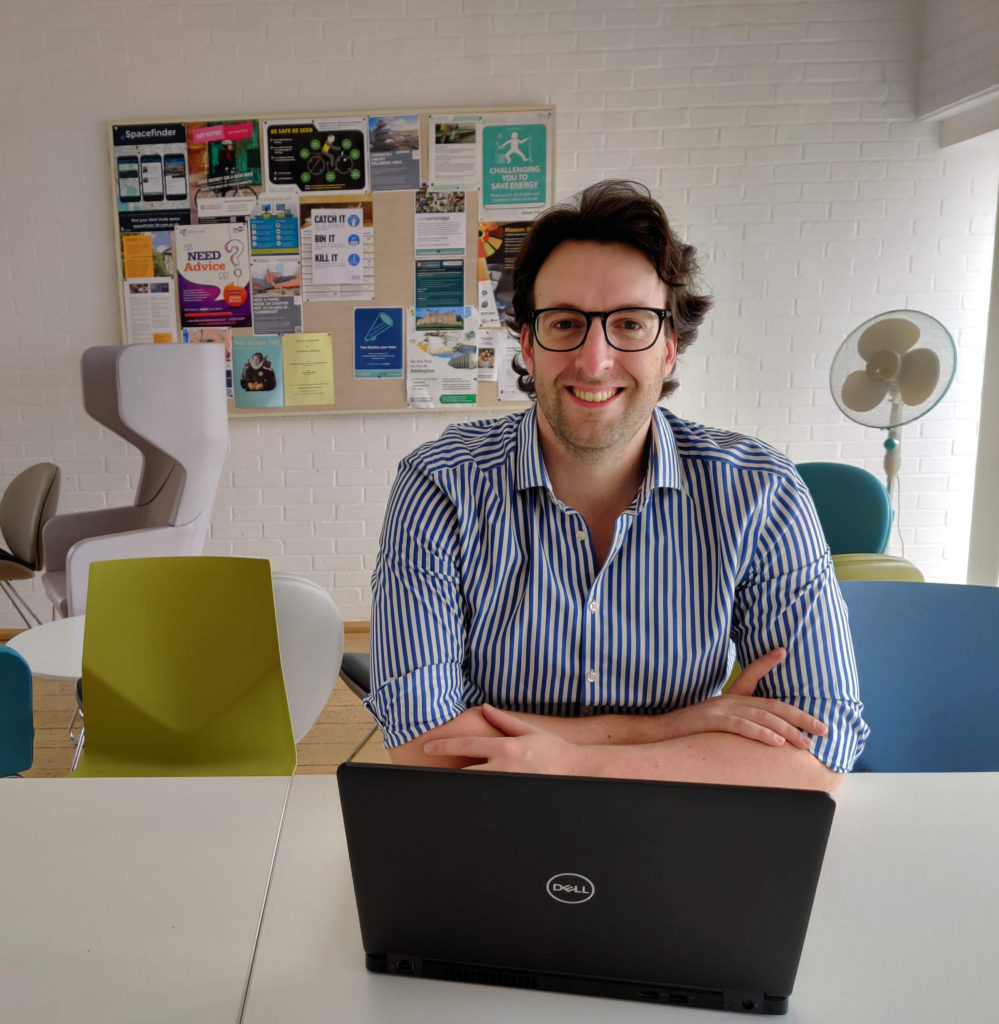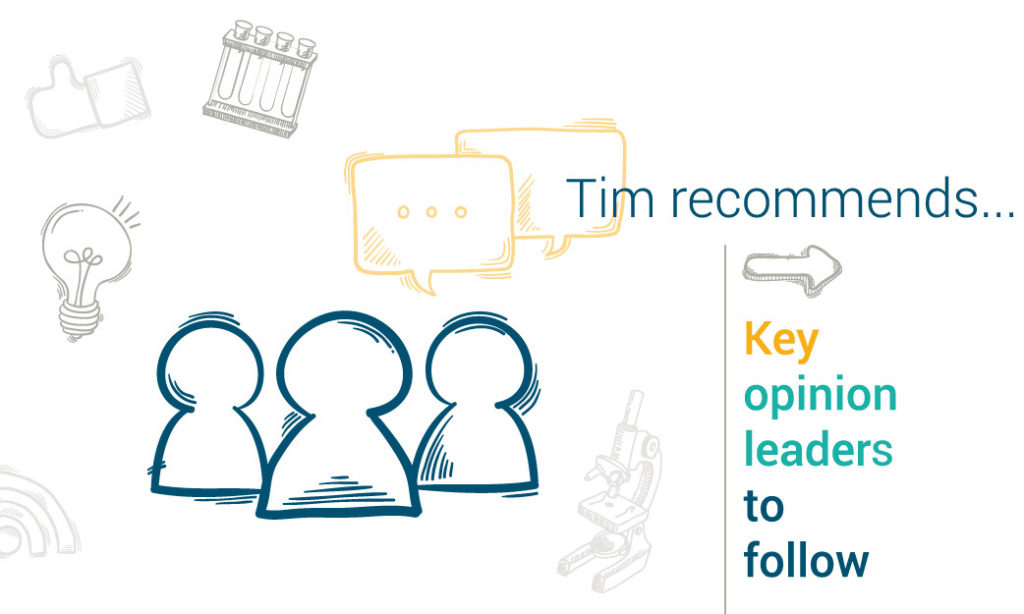Altertox went to meet 10 Young scientists to know more about their activities, vision of science and how they bring research and innovation using New Approach Methodologies (NAMs)!
Tim Allen,PhD
-
Post doctoral researcher at University of Cambridge –
MRC Toxicology Unit - Winner of the first ESTIV Early Career Award (2020) & the Science Prize in the Lush Prize 2020 Awards
- Computational modelling – AOP – Artificial intelligence – chemical safety evaluation


How did your story with toxicology begin?

« I guess I didn’t have this feeling of purpose going into toxicology.
I studied natural sciences specializing in chemistry, and I worked in a research lab for my master’s, doing experiments on how we can evaluate the solubility of drugs. That was completely different!! I had the opportunity to participate in a project about computational toxicology after my master’s and I really enjoyed the work. It’s great to see the work that you do, translated into use in industry. Continuing that work is how I ended up as a post–doctoral researcher. I enjoy the work a lot, and specifically the idea of building computational models and applying them to decision making in replacing and reducing animal testing.”

What is the current hot topic for your lab?

“It is definitely Artificial Intelligence (AI) and Machine Learning.
My research comes down to predicting effects computationally in ways that previously wouldn’t have been done. It’s all based around mechanistic toxicology, Adverse Outcome Pathways (AOPs) and understanding how chemicals make interactions that ultimately lead to adverse effects in people or in the environment. Recently I’ve been applying new artificial intelligence algorithms like neural networks or random forests and trying to further understand their predictions. This is a challenge in AI so a part of my work, as computational scientist, is to try and explain how algorithms and models work to toxicologists and regulators. Trust is key in this area. If you understand how something works, it seems less like a magic wand. In that way, it becomes more like technology than magic that I think it’s really important.”

Rusty Thomas & Richard Judson ( US EPA)
Mark Cronin & Steven Enoch (Liverpool John Moores University)

What drives you/motivates you to do research under the 3Rs topic?

« I was aware of 3Rs before I was a PhD student, so before I became involved in toxicology. It is something in which I’m very pleased to be able to contribute to. Being able to work in a 3Rs relevant area is definitely something I am proud of. This ethical side has helped to drive me in my work.”

Are there things to change?

“Regarding computational technologies and AI, I would love to say that
toxicology regulators would wake up one day and decide that computers are good and all of the computational methods should be used. But that’s a utopia. We need to continue to work hard to convince regulators that our potential tools are reliable and useful. It’s a matter of time and effort, and a lot more collaborative projects including case studies. It will be slow progress, although in silico is efficient, fast and convenient and has many advantages.
Also, it is important to create more computational toxicology sessions and opportunities to bring researchers together in a way that they can work together. It is not enough to have someone talk about computers. Gathering people who develop computational tools, those who apply computational tools, those who know in vitro testing and those who work with industry and make regulatory submissions at the same table, as we can see during SOT (Society of toxicology), BTS (British toxicology society) or EUROTOX congresses, for example, is the key.”
Dr. Tim Allen Recieving the ECOPA Best Poster Award at EUROTOX 2019 Tim Allen with Prof. Jonhatan Goodman and Charles Gong at the department of Chemistry in Cambridge

What is next in science ?

“AI will change the way we do science, not only in toxicology but in so many other areas too. If we compare to 50 years ago, today we have much more computational power and much more data which are the two key points which make machine learning and AI work. These aspects are what is really pushing this field forward, and will continue to do so.”

What are your future professional expectations?

“I love working in computational toxicology, and I have integrated the world of machine learning and AI into it in the last three years and really enjoyed it. I don’t know if my future lies here. Who knows! I enjoy working in science although I would like to explore other areas too, so I might end up doing that. I’m definitely going to stay for a while, I still have ongoing projects and completing those are my goals for now!”
Dr. Tim Allen Linkedin
- To Learn more about the the Science Prize won in the Lush Prize 2020 Awards by Dr Tim Allen, The MIE Atlas Team, Cambridge University click here
